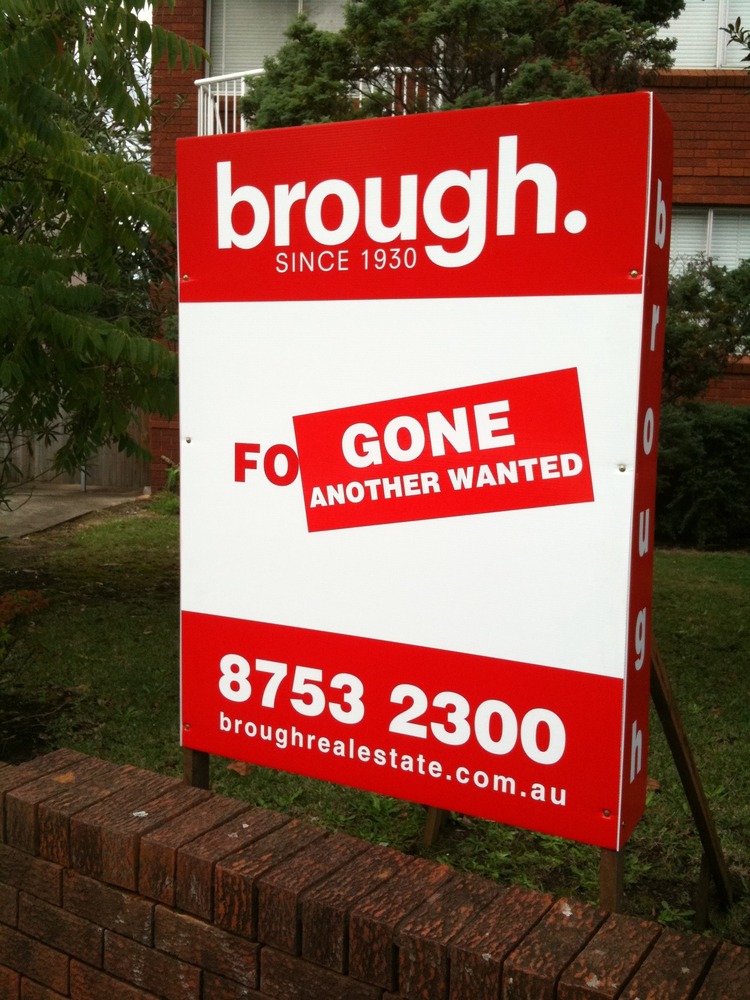A few days ago a post entitled Autoworkers of Our Generation floated across my radar. In his post, Greg Baugues argues that as developers, we have a short term advantage, and would do well to view our lot as a temporary anomaly. In this article I’d like to engage with his post, and respond.
The key analogy of Baugues’ post is the parallel between the Detroit auto worker of the 1980’s and the Macbook hugging developer of the new millennium. Without disagreeing with the latter characterisation, I believe the analogy with the auto worker is flawed.
Detroit, or more generally, the American car industry of the ’80s was highly uncompetitive. The Go-Go decade of Wall Street had distorted the market for home made vehicles, With the oil crisis of the previous decade a distant memory, local car manufacturers pursued larger, more expensive vehicles, presenting them as aspirational symbols of bull market opulence. Luxury sticker prices supported the wage claims of Motor City’s highly unionised workforce and for a time there was a virtuous cycle; an affluent customer base drove demand for more expensive vehicles supporting an inefficient manufacturing sector.
The results spoke for themselves. By the 90’s, foreign manufacturers moved in to capture the under serviced budget car market and created a beachhead to attack the local luxury brands from a lower manufacturing cost base. Responses from the lobbing industry in the form of import tariffs, did nothing to solve the underlying structural problems and delayed the restructuring of the domestic producers. As a last ditch measure, the local manufacturers aggressively pursued off-shoring and automation, decimating the lives of many of middle class Rust Belt families.
The parable that Baugues’ tells is clear; if you or your parents were manufacturing cars in the 80’s, you could be forgiven for thinking that you had it made. However, to accept Baugeus’ analogy of the misfortune that vested on Michigan, is to accept that software development is a purely mechanical action, prescribed, just as the creation of a motor car on a production line. I cannot agree with this.
My career in the computer industry started in the mid 1990’s. I was there for the hysteria of the Y2k fiasco, and saw the effects of a generation of university graduates, late to the party, but none the less eager to share the spoils of unbounded consulting hours, meet the reality of the dot com collapse. In 2001 a degree in comp sci was worthless. Yet, within a few years, the industry had bounced back. With the exception of periods of industry wide delusion the demands for software developers, or more correctly the software itself, has always been strong.
In conclusion, I accept Baugues’ thesis that an economic winter is coming. It must, if for no other reason that every other boom in a western economy is followed by a bust. But I believe the further conclusion that software development will become automated to the point it can be produced en mass, is false.
I will leave you with the recommendations of the original author:
Don’t get too comfortable. Don’t get locked into a language. Don’t burn bridges for short term gain. Keep your tools sharp. Learn soft skills. Build an audience. Save some money. Network. Read.
It’s an obscenely good time to be a developer. Enjoy it while it lasts.
